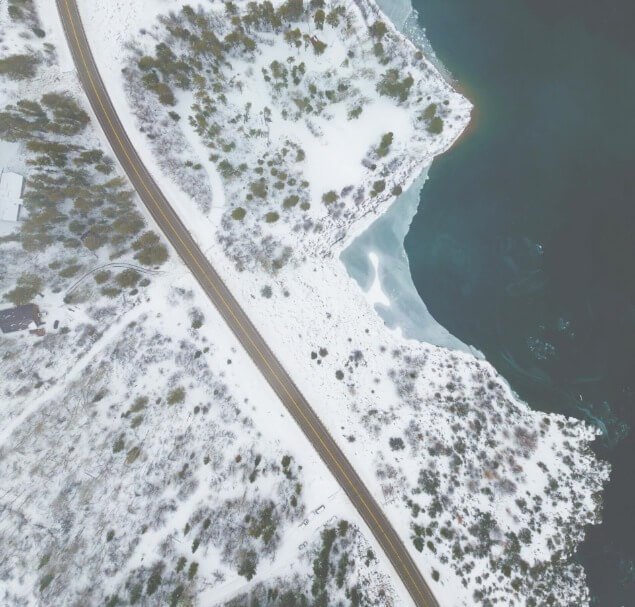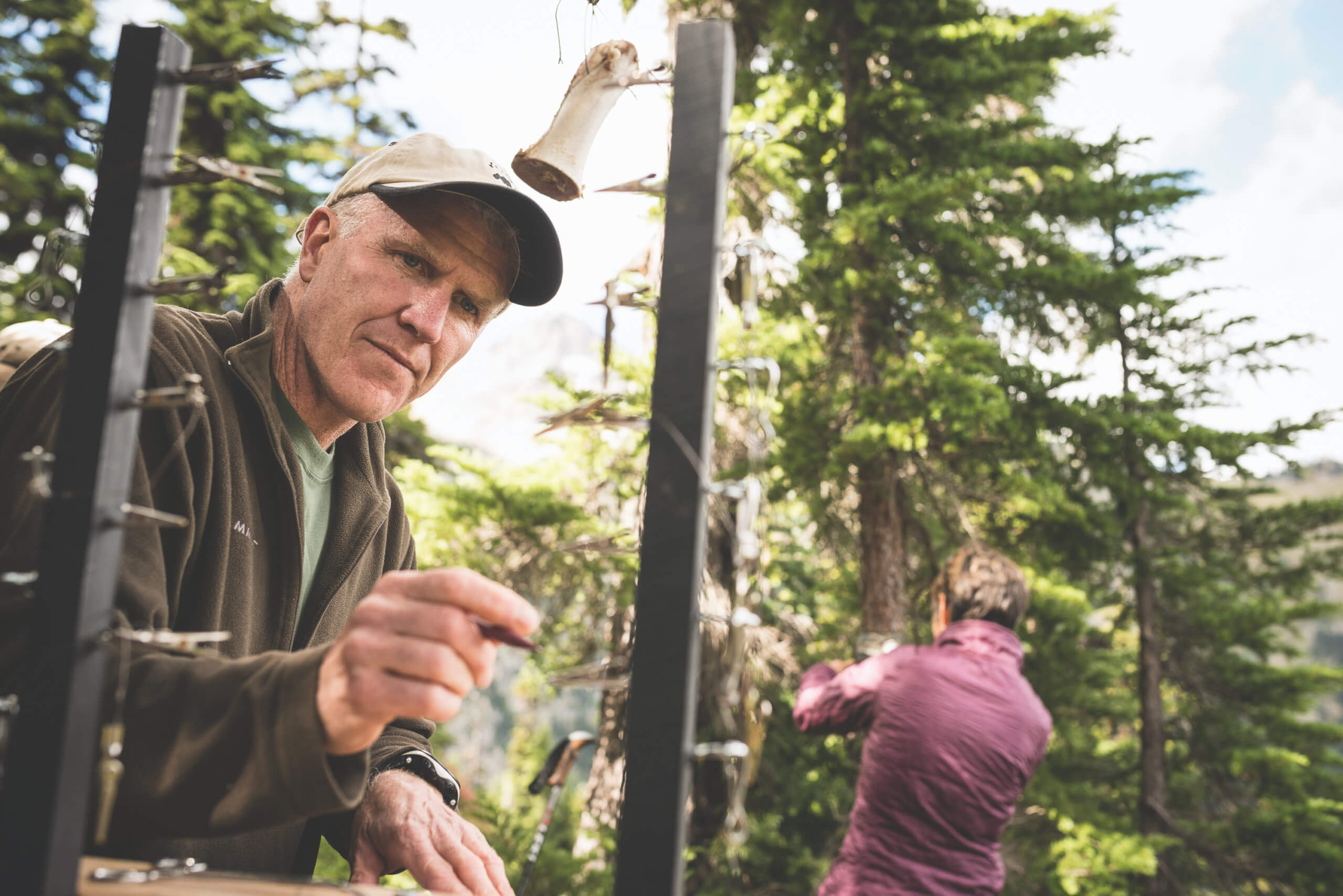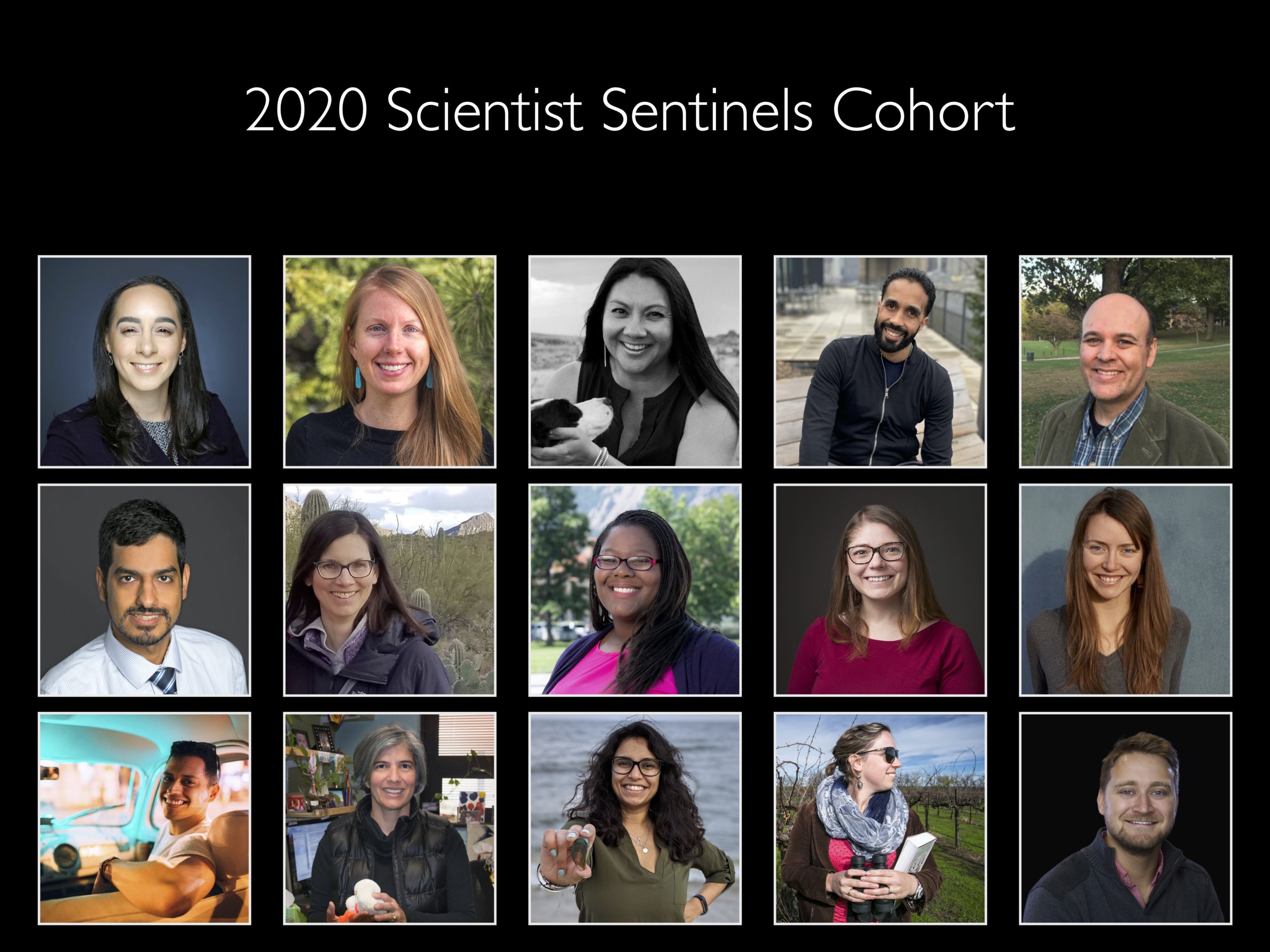Matt Williamson is a Ph.D. Student at the University of California, Davis. His current research focuses on the socio-political factors that predict where conservation occurs and how changes in those factors affect wildlife connectivity. Prior to his return to graduate school, Matt was a Program Director for the Grand Canyon Trust where he facilitated the development of multiple collaborative research projects aimed at developing a management and conservation strategy for their 850,000 acre Kane and Two Mile Ranches on the Grand Canyon’s North Rim.
I spoke to Matt about his Wilburforce Fellowship experience. Here are his thoughts:
What’s been the most valuable aspect of being a Wilburforce Fellow for you?
The spectrum of expertise within the fellowship – seeing how others who are further on in their career are doing it. Making the transition into academia has made it harder to find ways to have meaningful impact. Connecting to folks who have found a way to keep their work relevant and achieve important change has been really inspiring. That’s been the biggest benefit of the year following the week-long training, seeing how the others are doing.
It’s connected me to an amazing network of people, working on frontline conservation issues and thinking creatively about how their role as scientists can advance their conservation science. As a student, having that broad spectrum of models to look at has been really important, both for figuring out where I want to go and what I want to do, and also as inspiration for the days when it feels like you’re muddling through and there’s not a lot of impact to be had.
Hearing stories of what people are doing is a great source of inspiration. It’s easy to get down into dark places when you work in conservation, so it’s been refreshing to share in the successes of the other fellows. It feels like it doesn’t all have to be doom and gloom, and you can see how we might actually start to predict conservation success and build on those successes. You don’t have to think about conservation as a crisis discipline. You’re not talking about conservation if you’re not losing something. But we don’t have to only document the losses.
How has your training impacted your work?
I’m trying to link human landscape ecology with what we think of as being more conservation landscape ecology – integrating the role of community composition in achieving conservation. I’ve done a lot of mind mapping, a tool from the training, in some cases into corners, but the mind-mapping has helped guide me into where I want to take my research. It’s been hugely helpful in being playful with ideas, figuring out what themes come up. The next phase, as it becomes a more concrete set of products, will be to get this project into the hands of people where it would be strategically important. I have a hard time pointing to a week where the training hasn’t benefited some aspect of my work.
At a university it’s easy to get trapped in a putting out fires mode, and it’s really helpful to have perspective and think about what you’re really trying to do, and see how some of the fires maybe aren’t as important as they seem. The training has helped me to structure my day-to-day work and be more effective. We’ve been using the tools to structure lab meetings, and that’s been helpful too, identifying what we want to accomplish as a lab.
What would you like others to know about the fellowship?
My experience within the graduate student community at UC Davis suggests that this kind of leadership and communication training is sorely lacking. Yet conservation (both science and practice) is starving for professionals who have these skills, so this fellowship seems to fill a unique niche in that regard. There aren’t a lot of new scientists getting this training – they’re not getting it in their classes – but the professional landscape is such that it’s hard to be successful without those skills.
This training empowers you to communicate while being mindful of the mission of the organization you’re working for, and without sacrificing your credibility as a scientist. Our cohort did a good job of handling that and being comfortable at the edge, and that’s a tough place to be comfortable. It’s valuable for young scientists like me, and maybe also those further along in their career, to know that you can be at that edge and be ok.



